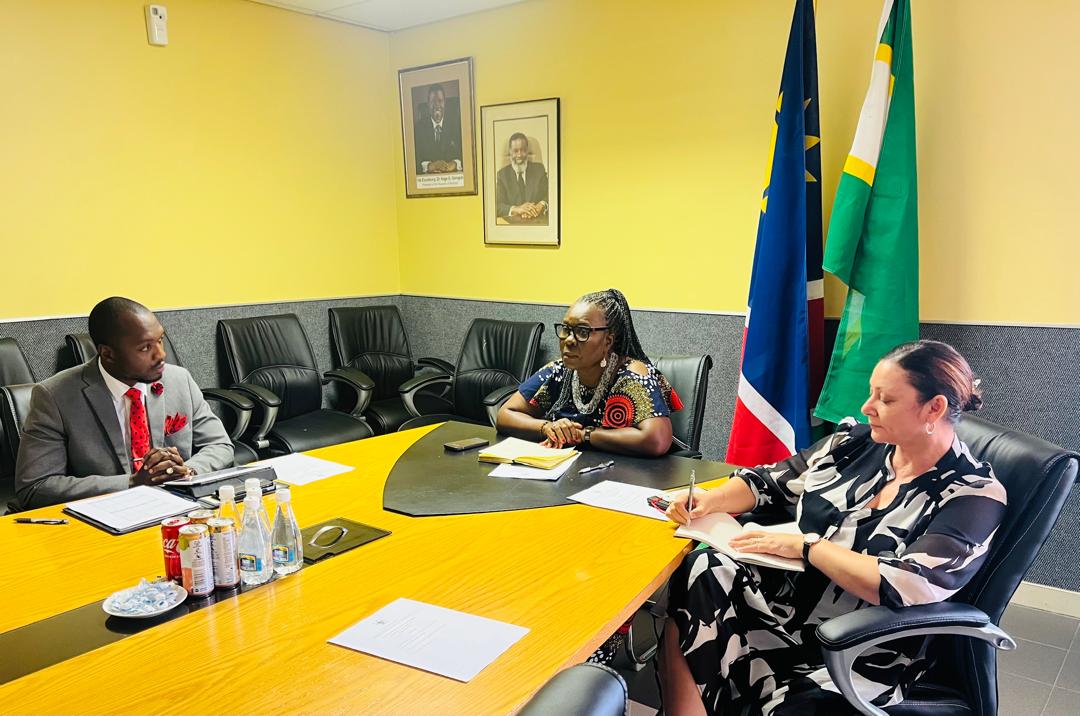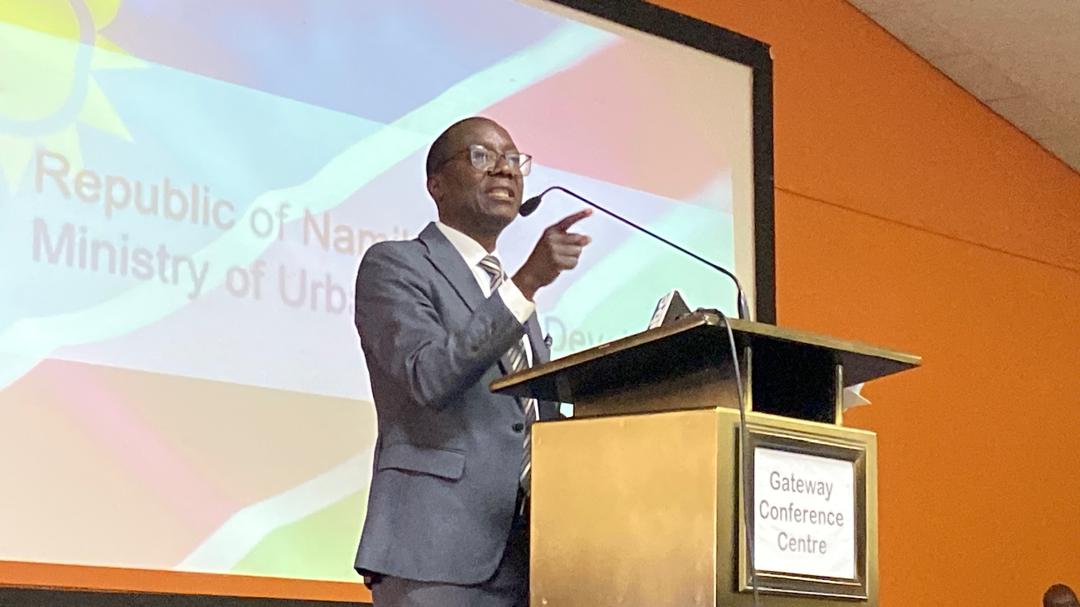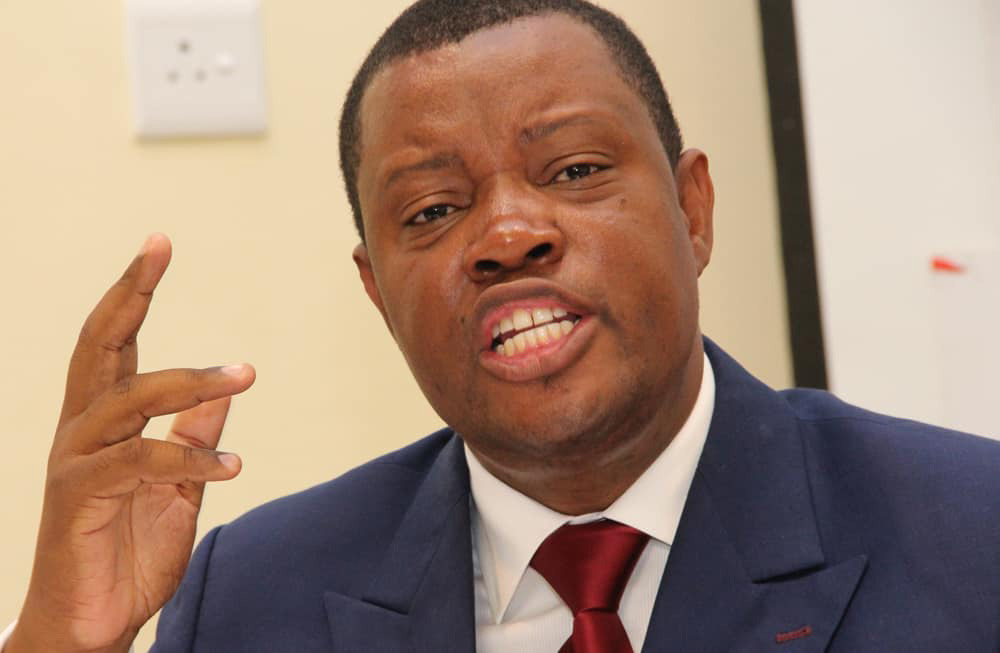DENVER – Nobel Peace Prize laureates at a conference dedicated to promoting peace unveiled a list of 10 “core barriers to global peace” and called on youth to take action.
The nine laureates, who included Archbishop Desmond Tutu and the Dalai Lama, cited racism and hate, extreme poverty and unequal access to water and other resources among problems standing in the way of peace. Tutu told reporters hat wealthier nations cannot ignore the plight of poorer countries.While the West has access to the best medical care, thousands die in Africa every day of AIDS because they do not have medicine.”You don’t care? Boundaries are now porous,” he said.”Things that could be contained ‘over there’ are now upon us …Ultimately, we can survive only together.”Some 3 000 youths attended PeaceJam, which was billed as the largest gathering of Nobel Peace laureates ever in North America.Mairead Maguire, a 1976 Peace Prize recipient from Northern Ireland, singled out the United States for criticism.”The rest of the world needs America, but it doesn’t need the current model it is getting,” she said.Fighting wars only leads to more wars, while economic disparities only leads to resentment, she said.”Violence is only the flower,” Maguire said.”You have to get to the roots, the roots are injustice.”Dawn Engle and Ivan Suvanjieff, both 49, started PeaceJam in 1996, frustrated with what they saw as bad role models for young people and concerned about the cycle of global violence and oppression.By reaching out to Nobel laureates, the two have created a network that puts teenagers face-to-face with some of the world’s top proponents of peace.”We face serious problems and if we don’t start dealing with them in earnest and quit thinking it’s someone else’s problem to deal with, then we’re doomed,” Suvanjieff said.”I’ve kind of given up on people my age.”Teens from 31 countries assembled at the University of Denver campus at the weekend for the event, with the laureates calling on them to take local action on community projects and inspire others to do the same.”PeaceJam is about action,” Suvanjieff said.”I want the youth to be armed with knowledge, wisdom …Peace means something to me.I want to share it.I want to spread it.Peace is what we need, and it’s hard work.”Nampa-APTutu told reporters hat wealthier nations cannot ignore the plight of poorer countries.While the West has access to the best medical care, thousands die in Africa every day of AIDS because they do not have medicine.”You don’t care? Boundaries are now porous,” he said.”Things that could be contained ‘over there’ are now upon us …Ultimately, we can survive only together.”Some 3 000 youths attended PeaceJam, which was billed as the largest gathering of Nobel Peace laureates ever in North America.Mairead Maguire, a 1976 Peace Prize recipient from Northern Ireland, singled out the United States for criticism.”The rest of the world needs America, but it doesn’t need the current model it is getting,” she said.Fighting wars only leads to more wars, while economic disparities only leads to resentment, she said.”Violence is only the flower,” Maguire said.”You have to get to the roots, the roots are injustice.”Dawn Engle and Ivan Suvanjieff, both 49, started PeaceJam in 1996, frustrated with what they saw as bad role models for young people and concerned about the cycle of global violence and oppression.By reaching out to Nobel laureates, the two have created a network that puts teenagers face-to-face with some of the world’s top proponents of peace.”We face serious problems and if we don’t start dealing with them in earnest and quit thinking it’s someone else’s problem to deal with, then we’re doomed,” Suvanjieff said.”I’ve kind of given up on people my age.”Teens from 31 countries assembled at the University of Denver campus at the weekend for the event, with the laureates calling on them to take local action on community projects and inspire others to do the same.”PeaceJam is about action,” Suvanjieff said.”I want the youth to be armed with knowledge, wisdom …Peace means something to me.I want to share it.I want to spread it.Peace is what we need, and it’s hard work.”Nampa-AP
Stay informed with The Namibian – your source for credible journalism. Get in-depth reporting and opinions for
only N$85 a month. Invest in journalism, invest in democracy –
Subscribe Now!









